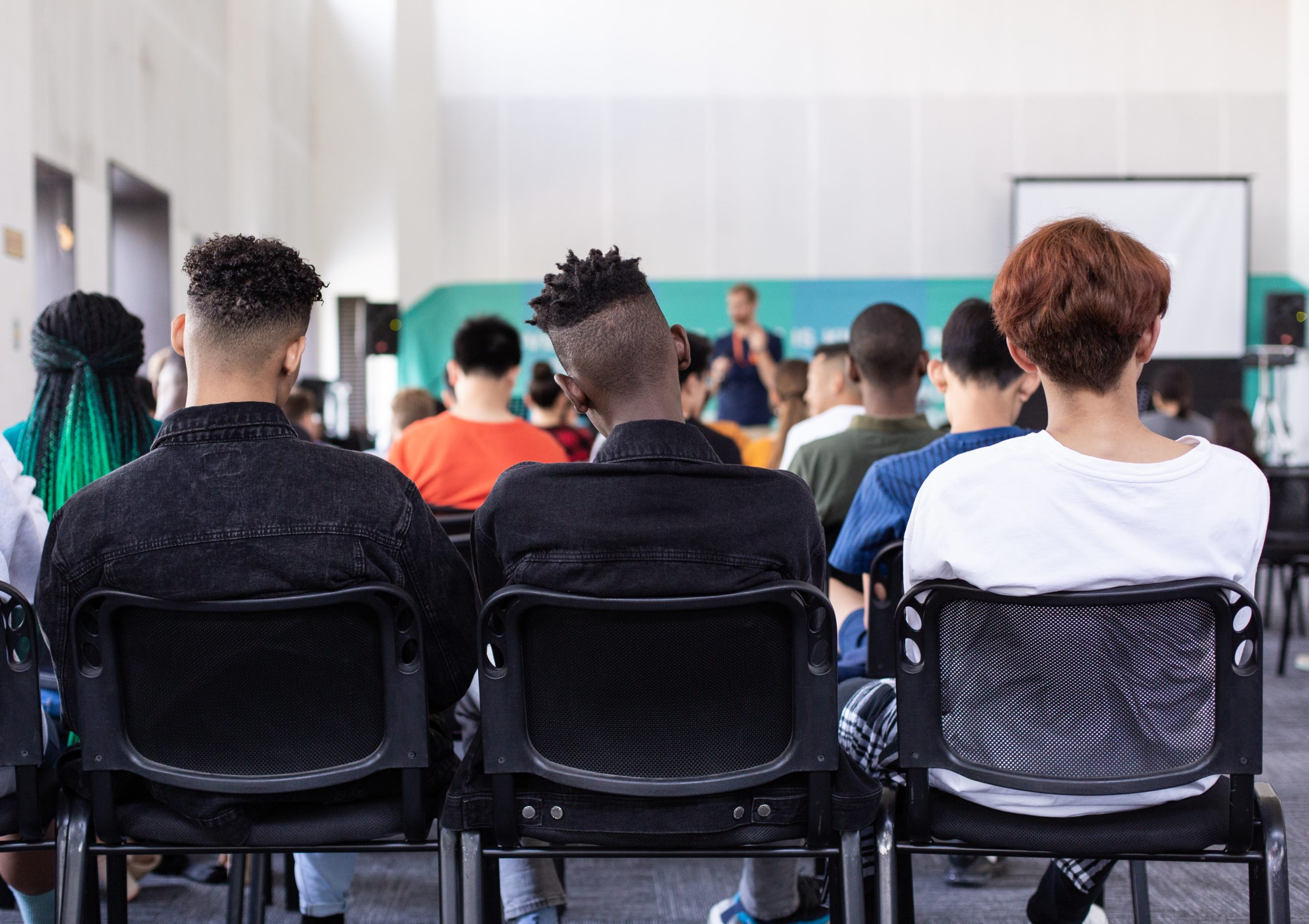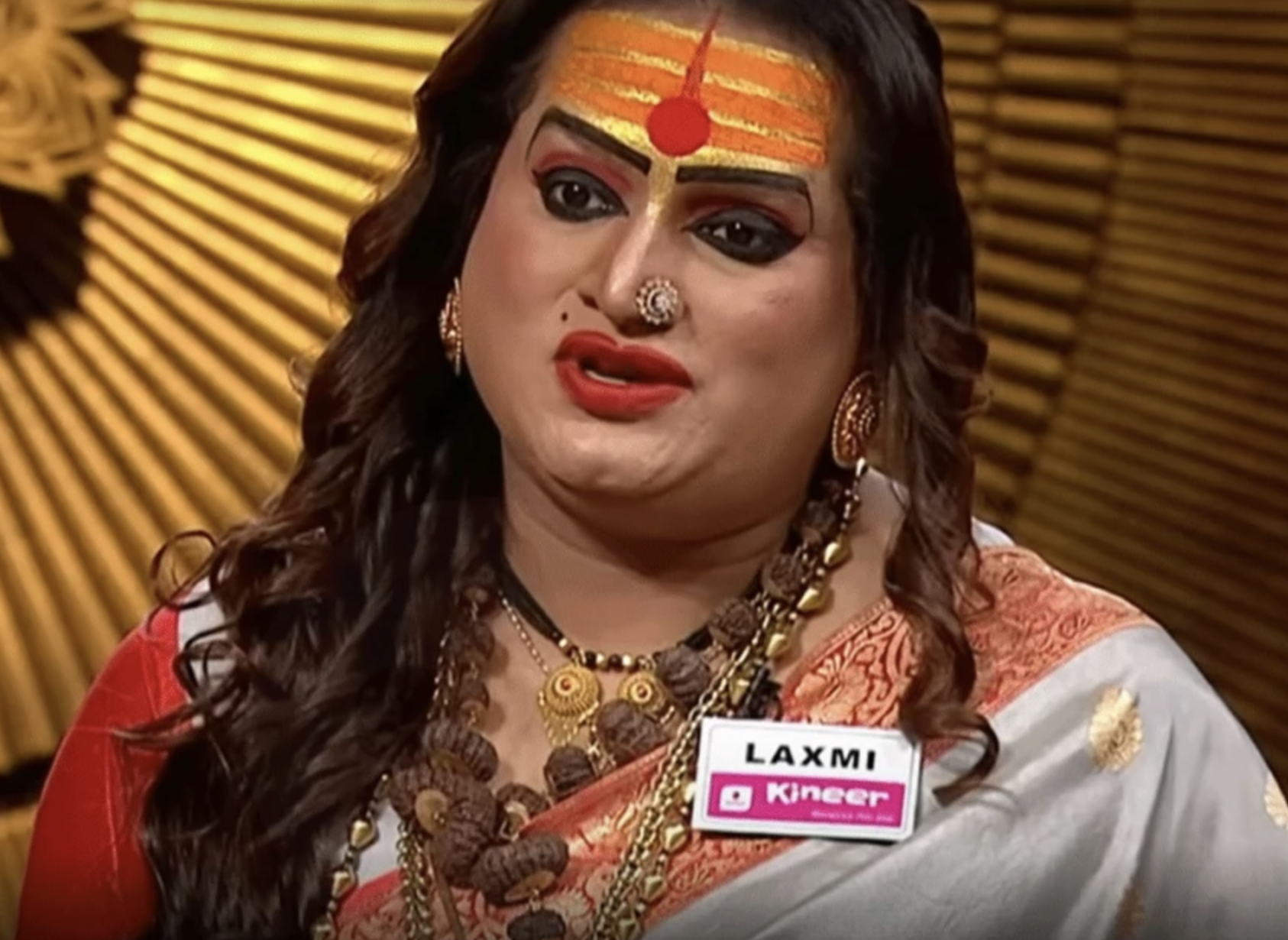
New LGBT-inclusive education guidance comes with a majorly problematic caveat for trans kids

Teachers shouldn't reinforce the 'harmful stereotype' that some children are trans, the Department of Education said. (Sam Balye on Unsplash)
New schools guidance that says teachers shouldn’t reinforce the “harmful stereotype” that some children might be transgender has been condemned by leading trans-support charity Mermaids.
LGBT-inclusive relationships and sex education (RSE) became mandatory for UK schools this month, with schools required to teach the protected characteristics of the Equality Act 2010 as they apply to relationships.
This means that every primary school child must learn about different types of families, including those with same-sex parents, and secondary school students must be taught about sexual orientation and gender identity.
In guidance for school leaders published yesterday (24 September), the department of education said “topics involving gender and biological sex can be complex and sensitive matters to navigate”.
“You should not reinforce harmful stereotypes, for instance by suggesting that children might be a different gender based on their personality and interests or the clothes they prefer to wear,” says the guidance, which has been published to help teachers plan and prepare for the new statutory curriculum.
The guidance adds that “teachers should not suggest to a child that their non-compliance with gender stereotypes means that either their personality or their body is wrong and in need of changing”.
In a lengthy statement raising “grave concerns” about the language used by the department of education, trans-support charity Mermaids said it feared teachers following this guidance would make it “more difficult for transgender children and young people to identify confidently as themselves”.
“These are already difficult times for teachers, students and families alike, and we are concerned that the guidance lacks clarity around best care for transgender, non-binary and gender-diverse students,” Mermaids said.
The charity, which has been supporting young trans and gender-diverse people and their families for 25 years, added that it was also concerned “by an apparent implication that teachers are pushing their personal ideologies onto young people”.
“It is absolutely wrong for any adult to press their own prejudice onto young minds; indeed, we see the damage this can do to young people suffering transphobia every day,” Mermaids continued.
“With that in mind, we must reassure school staff that affirming, accepting and acknowledging transgender lives is quite the opposite of prejudice; it is an absence of prejudice and an act of kindness, empowerment and sympathy.”
“It isn’t for any adult to tell a child or young person what their gender identity is,” Mermaids said.
“In fact, all-too-often we see the damage done when grown-ups try to force children and young people to be something they’re not. Imagine how difficult it is to tell your teacher, parent, guardian or friend that you’re transgender. It isn’t something people do lightly, and when they choose to do so, they deserve sympathy, support and understanding.”
LGBT-inclusive education ‘overwhelmingly’ benefits children.
LGBT-inclusive relationships and sex education “overwhelmingly” benefits children and society – but there are renewed attempts in European countries, including the UK, to remove it from schools, according to warnings from a leading human-rights expert.
Curricula which teaches children about gender identity, sexual orientation, gender equality and healthy relationships has been protested against in countries from the UK to Poland.
Dunja Mijatović, the Council of Europe commissioner on human rights, is now warning that opposition to comprehensive relationships and sex education is indicative of opposition to human rights for women and LGBT+ people.
National and international research has proven the benefits of such education, including less risky sexual behaviour, teenagers waiting until they’re older to have sex for the first time, increased use of contraception and improved attitudes towards sexual and reproductive health.
The department of education has been contacted for comment.






























